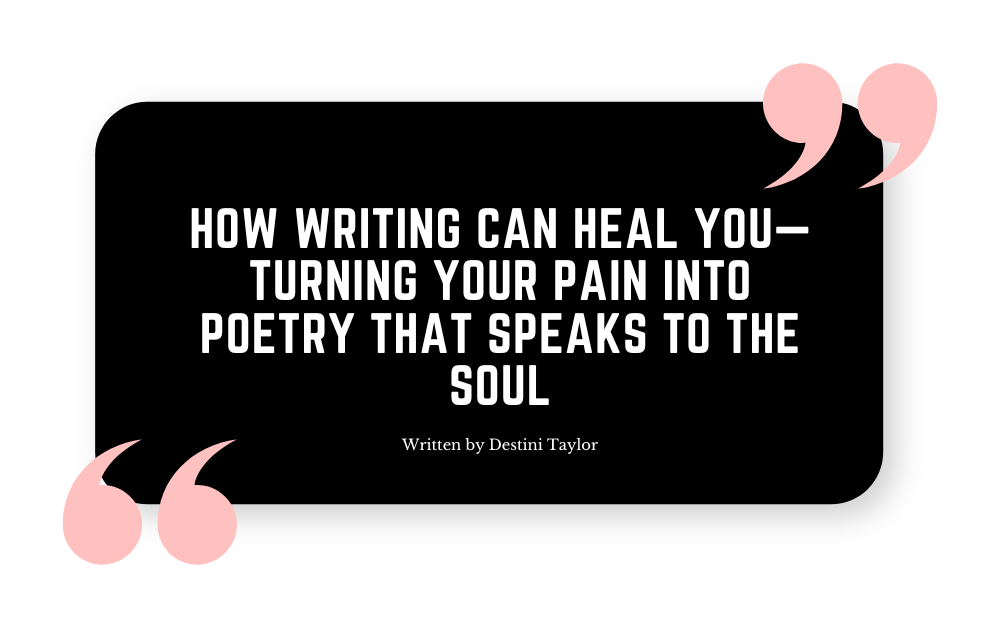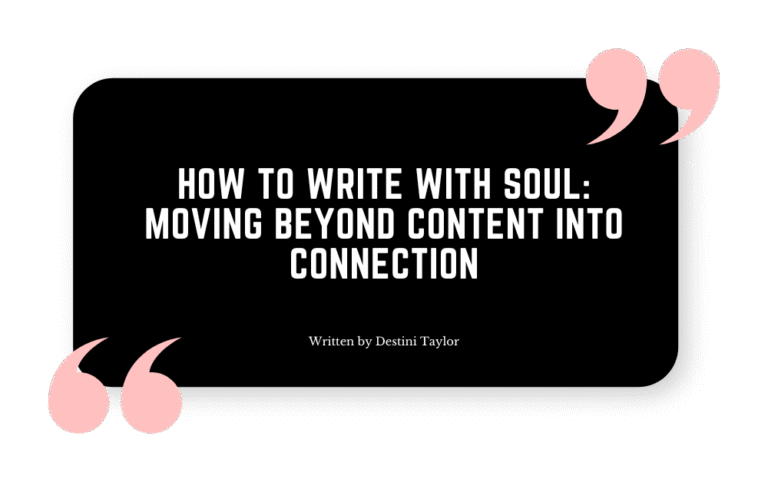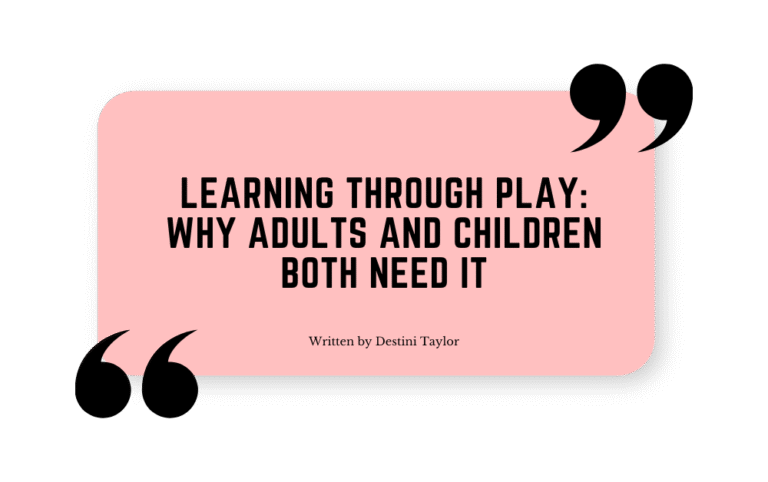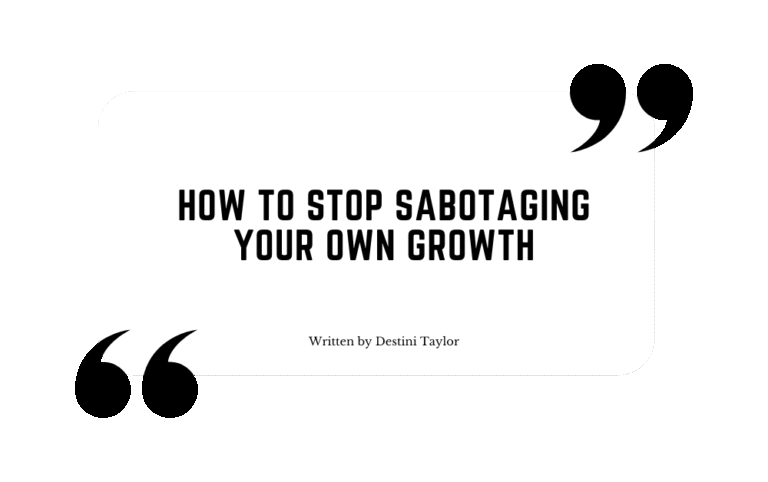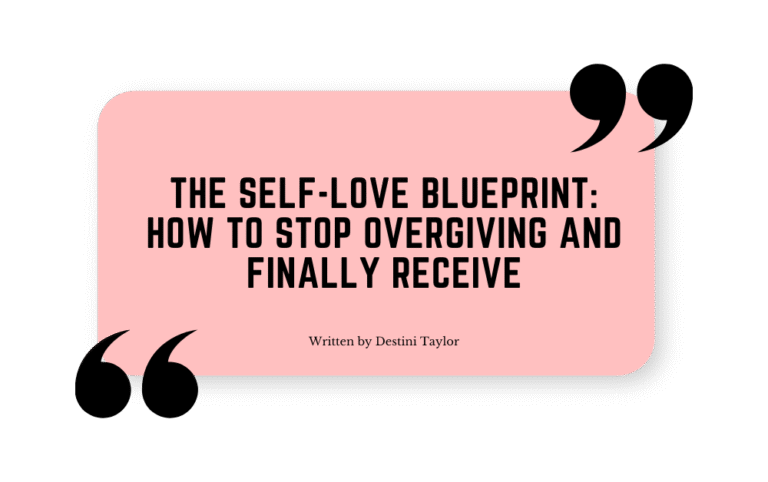Discover how words can be medicine for yourself and others.
The Healing Power of Writing
Pain often silences us. We hold it in because we fear being misunderstood, dismissed, or judged. But unspoken pain doesn’t dissolve—it grows heavier. Writing offers a way out of silence, and poetry, especially, becomes medicine for the soul.
Think about a man carrying heartbreak but never allowed to cry. Or a woman juggling work, family, and invisible wounds, afraid to admit she feels lost. Or the creative who looks fine on the outside but privately journals late at night just to keep breathing. In each case, writing turns loneliness into language. It validates what life tried to erase.
This is why expressive writing has been studied for decades in psychology. Journaling reduces stress, strengthens immune function, and helps reframe trauma into meaning. But beyond science, there’s something spiritual: writing transforms you from someone consumed by pain into the author of your healing.
Poetry, especially, gives shape to what feels unspeakable. Your words can hold the heartbreak without letting it drown you. They can carry you through grief, through silence, into self-recognition.
The Cost of Unwritten Pain
When pain has no outlet, it spills into every part of life. Emotionally, it creates heaviness—an unspoken grief that clouds joy. Relationally, it isolates us. When you can’t speak your truth, you may feel misunderstood, even by those who love you. Professionally, unprocessed pain drains creativity and focus. Spiritually, silence steals connection—you feel cut off from yourself and from something greater.
Consider this: according to the American Psychological Association, expressive writing improves both physical and mental health because bottling up emotions weakens the body as much as the mind. Yet too many people avoid writing because they believe words won’t help—or worse, that no one will listen.
But journals like Amanda’s Café: Lessons on Love and Self-Worth give women permission to release emotions without apology. They remind us that writing is not indulgence—it’s survival. Writing on paper validates experiences society tries to dismiss.
The cost of never writing is staying trapped in silence. And silence steals more than voice—it steals freedom.
Why We Stay Silent
So why do we avoid writing if it can heal?
1. Fear of Exposure. Writing makes pain real. On the page, you can’t hide behind smiles. Many avoid journaling because they fear being “too much.”
2. The Perfection Trap. People think writing must be polished or poetic to matter. But healing words don’t need an audience. They only need honesty.
3. Cultural Conditioning. Many men are taught silence equals strength. Many women are told their words are “too emotional.” These scripts discourage us from ever picking up the pen.
The tragedy is this: silence protects pain, not people.
Reframing the Act of Writing
To heal through poetry, you must reframe how you see writing:
1. Writing as Release, Not Performance. Words on paper aren’t about impressing anyone. They’re about unloading weight you can no longer carry.
2. Writing as Witness. When you write, you acknowledge your own story. Even if no one else reads it, the page bears witness to your truth.
3. Writing as Power. Pain that once controlled you becomes something you shape. You are no longer just surviving it—you are expressing it.
This is the shift offered in She Didn’t Ask. I Did. Digital Journal, which asks men questions they’ve never been asked. Through those prompts, writing transforms from silence into a declaration: “My story matters.”
How to Heal Through Writing: A Step-by-Step Guide
Writing doesn’t have to be complicated. Here’s a roadmap:
1. Begin With a Breathing Page
Sit down, breathe, and write without rules. Set a timer for 10 minutes. Don’t stop or censor yourself.
2. Turn Feelings Into Images
Instead of “I’m angry,” write “My anger is a wildfire consuming dry ground.” Imagery allows safe distance from emotions.
3. Write Letters You’ll Never Send
To the one who hurt you. To your younger self. To your future healed self. These letters release what you’ve carried too long.
4. Transform Poems Into Affirmations
Extract one line and repeat it daily: “I am still standing,” or “My softness is strength.”
5. Use Prompts When Stuck
If blank pages scare you, guided prompts help. Journals like I Speak Life Into Men: Journal Edition give direction, moving you from silence to expression.
6. Revisit and Rewrite
Healing is cyclical. Revisit old entries and rewrite them from today’s perspective. Notice how your voice strengthens over time.
7. Share If You’re Ready
Healing can remain private—but sometimes sharing a poem lets others know they are not alone. Your words might be medicine for someone else.
The Transformation Writing Creates
When you commit to writing, the transformation is profound.
Imagine waking up lighter because last night’s grief is now in your journal, not your chest. Imagine relationships softening because your words help loved ones finally understand. Imagine creativity reborn—not drained by hidden pain, but energized through expression.
This is what poetry does: it turns wounds into wisdom. It shifts you from victim of silence to author of your becoming.
Resources like The Mirror Within Game turn writing into playful self-reflection, making the process less intimidating and more freeing. Healing doesn’t have to feel heavy—it can even carry joy.
Closing: Your Words Are Your Medicine
Writing will not erase your pain, but it will transform it. Your pen is not just ink—it is liberation. Your poems are not just words—they are survival.
Remember this:
- You are not too broken to write.
- Your words do not have to be perfect to be powerful.
So pick up the pen. Write the line. Heal one page at a time.
Resources for Your Healing Journey
Healing begins when silence ends. If you’re ready to write your way into wholeness, here are tools to guide you:
- Amanda’s Café: Lessons on Love and Self-Worth — A soulful book with prompts and reflections designed for women reclaiming their worth.
- She Didn’t Ask. I Did. Digital Journal — A journal for men to break silence, answer the questions no one asked, and put healing into words.
- The Mirror Within Game — A neutral, playful journaling tool to explore self-reflection, healing, and growth in a creative way.
And always: Start Here: Poetry, Healing & Transformation.

